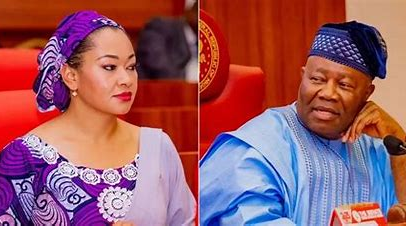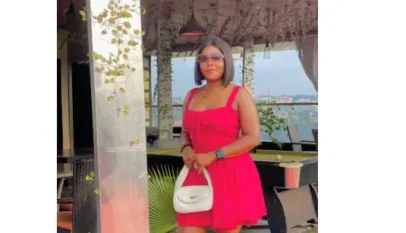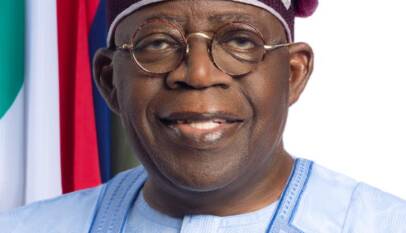Hundreds of women on Monday marched through Abuja to demand the passage of a bill that would create women-only seats in Nigeria’s National Assembly.
The proposed legislation, known as the Special Seats Bill, seeks to amend the constitution to reserve one additional seat for women in both the Senate and the House of Representatives in each of Nigeria’s 36 states and the Federal Capital Territory. If passed, it would significantly boost female representation in a parliament where women currently hold just four out of 109 Senate seats and 16 out of 360 House seats, according to the Policy and Legal Advocacy Centre (PLAC).
Caravans of buses, vans, and a music-blaring truck carried women’s groups from across the country into Abuja, where they marched to the National Assembly. Organisers estimated more than 1,000 demonstrators took part.
“We want the legislature to work for women,” said Dorothy Njemanze, one of the organisers, as the protesters submitted signatures to a House committee conducting constitutional review hearings.
Supporters argue that reserved seats would help overcome barriers such as high campaign costs, entrenched cultural norms, and the dominance of male political power brokers. Similar quota systems in countries like Rwanda and Senegal have dramatically raised the number of female lawmakers.
Minister of Women’s Affairs, Hajiya Imaan Sulaiman-Ibrahim, has already indicated government backing for the bill. But analysts warn of tough hurdles ahead: constitutional amendments require the approval of two-thirds of the National Assembly and at least 24 state assemblies, a process that has sunk past attempts at women’s reserved seats.
Protester Onu Ihunania, a 50-year-old civil servant, said she joined the rally because the proposal offered women like her a chance at real political participation. “I want that seat, because tomorrow, I may be the one contesting for it,” she said.
Another demonstrator, Nyiyam Ikyereve, who travelled from Benue State, said more women in parliament would ensure a stronger focus on issues such as maternal health and economic inclusion.
The debate comes amid growing scrutiny of women’s treatment in Nigerian politics. Earlier this year, Senator Natasha Akpoti-Uduaghan was controversially suspended from the chamber after raising concerns about sexual harassment.



































